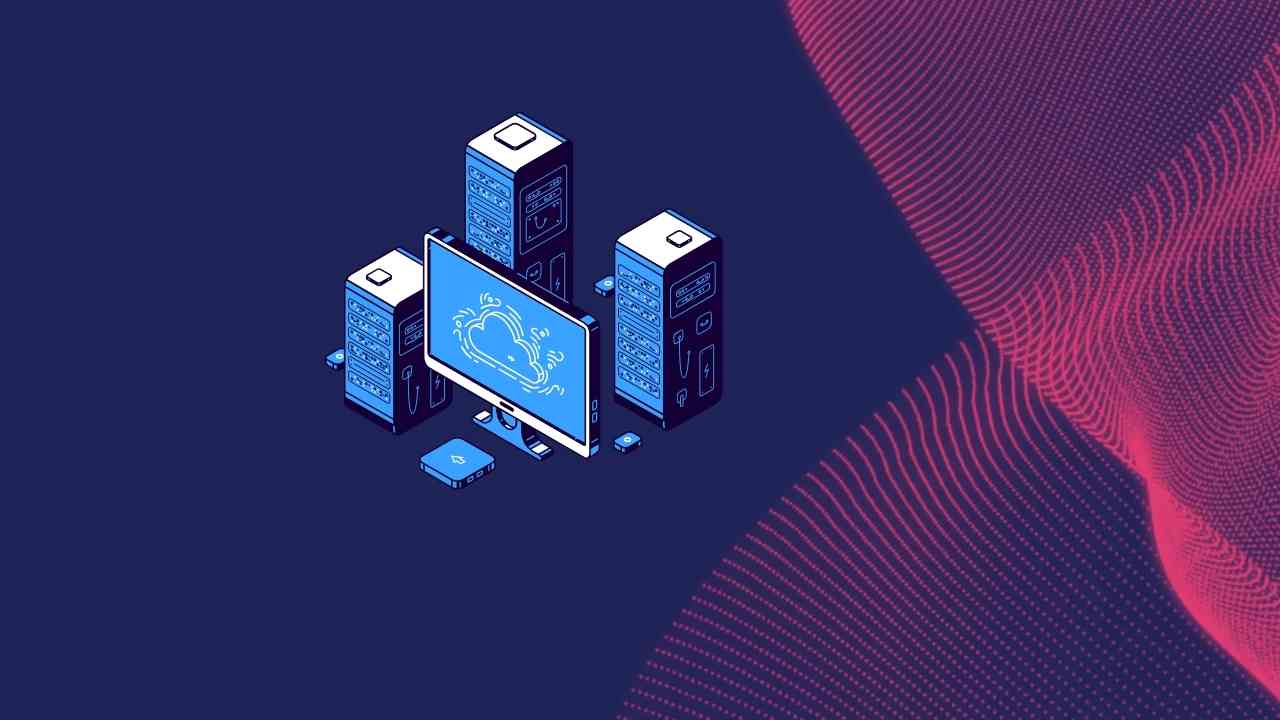In the realm of computing, a server stands as a fundamental pillar, providing essential services and resources to users across networks. Essentially, a server is a specialized computer or software that fulfills requests from clients, facilitating the sharing of data, applications, and resources among multiple users. Unlike desktop computers, servers are optimized for high performance, reliability, and scalability, catering to the demands of businesses, organizations, and even individual users with advanced computing needs.
Delving Deeper: Functions and Types of Servers
Functions of Servers
Servers play multifaceted roles, each tailored to specific functions within a networked environment. These functions include:
1. Data Storage and Management:
Servers serve as repositories for data, hosting files, databases, and other critical information. They employ robust storage solutions, ensuring data integrity, accessibility, and security.
2. Application Hosting:
Many servers are dedicated to hosting applications, allowing users to access software remotely. This centralized approach streamlines software deployment, updates, and maintenance.
3. Network Services:
Servers provide essential network services such as DNS (Domain Name System), DHCP (Dynamic Host Configuration Protocol), and FTP (File Transfer Protocol), facilitating communication and resource sharing across networks.
4. Communication Services:
Email servers, chat servers, and VoIP (Voice over Internet Protocol) servers enable real-time communication and collaboration among users.
Types of Servers
Servers come in various forms, each designed to fulfill specific roles and meet diverse computing needs. Some common types of servers include:
1. Web Servers:
Web servers deliver web pages and content to users over the internet, responding to HTTP requests from web browsers. Popular web server software includes Apache, Nginx, and Microsoft IIS.
2. File Servers:
File servers store and manage files, allowing users to access and share documents, media, and other resources over a network.
3. Database Servers:
Database servers host databases and provide access to stored data, supporting applications that require efficient data management and retrieval.
4. Mail Servers:
Mail servers handle the sending, receiving, and storage of email messages, managing communication within organizations and across the internet.
Differentiating Servers from Desktops
Key Distinctions
While both servers and desktop computers are integral components of modern computing environments, they serve distinct purposes and exhibit notable differences:
1. Hardware Configuration:
Desktop computers are typically designed for individual use, featuring components optimized for general-purpose computing tasks. In contrast, servers boast robust hardware configurations tailored for continuous operation, scalability, and reliability.
2. Operating Systems:
Desktops often run consumer-grade operating systems like Windows, macOS, or Linux distributions tailored for personal computing. Servers, on the other hand, utilize specialized server operating systems optimized for performance, security, and server-specific tasks.
3. User Interaction:
Desktops are primarily used by individual users for tasks such as web browsing, document editing, and multimedia consumption. Servers, however, operate in the background, serving multiple users or applications simultaneously without direct user interaction.
4. Workload Handling:
Desktop computers handle relatively light workloads compared to servers, which are designed to manage heavy computational tasks, data storage, and network services for multiple users or clients.
Conclusion
In essence, servers and desktops represent two distinct paradigms within the realm of computing. While desktops cater to individual users’ needs for personal computing, servers form the backbone of networked environments, providing essential services, data storage, and resource sharing capabilities. Understanding the differences between servers and desktops is crucial for deploying the right infrastructure to meet diverse computing requirements efficiently.
Frequently Asked Questions (FAQs)
What are the primary functions of a server?
Servers serve various functions within a networked environment, including data storage and management, application hosting, network services, and communication services. They facilitate the sharing of resources and information among multiple users or clients.
How do servers differ from desktop computers?
Servers differ from desktop computers in several key aspects. They are optimized for continuous operation, scalability, and reliability, whereas desktops are designed for individual use. Servers also utilize specialized server operating systems and hardware configurations tailored for server-specific tasks.
Can a desktop computer be used as a server?
While it’s technically possible to repurpose a desktop computer as a server, it’s not recommended for production environments. Desktops lack the reliability, scalability, and specialized hardware required for sustained server operation. Deploying dedicated server hardware ensures optimal performance, reliability, and security for critical business operations.
What types of servers are commonly used in businesses?
Common types of servers used in businesses include web servers, file servers, database servers, mail servers, and application servers. Each type serves specific purposes, such as delivering web content, storing files, managing databases, handling email communication, and hosting applications.
How do servers contribute to business productivity?
Servers contribute to business productivity by centralizing data storage, facilitating collaboration, and providing essential network services. They enable organizations to streamline workflows, ensure data security, and scale their IT infrastructure to meet evolving demands.
What factors should be considered when choosing a server for business use?
Key factors to consider when choosing a server for business use include performance, scalability, reliability, security, and compatibility with existing infrastructure and software. It’s essential to assess the organization’s current and future computing needs to select a server solution that aligns with business objectives and budget constraints.
What are the advantages of using dedicated server hardware?
Using dedicated server hardware offers several advantages, including enhanced performance, reliability, and security. Dedicated servers are designed for continuous operation and can handle heavy workloads more efficiently than repurposed desktops. They also provide better scalability and support for advanced server functionalities.

